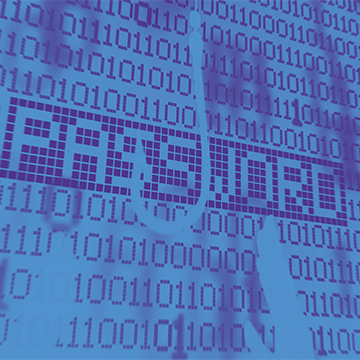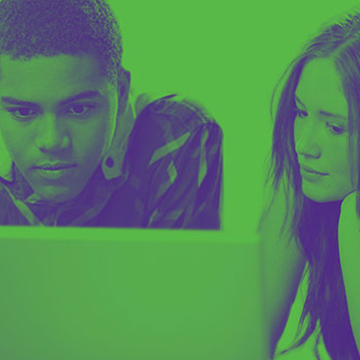Do Your Part, #BeCyberSmart: Top Tips for Cybersafety
Posted Date:
October 1, 2021
Effective Date:
October 1, 2021
October is Cybersecurity Awareness Month and a time to pay extra attention to cybersafety. However, staying safe online is something we can, and should, practice all year long. Each of us has a role to play to protect ourselves against the ever-growing trove of cyber threats. With simple actions, we can all strengthen our defenses. Below, we list three important reminders related to cybersafety and offer a list of related action items. Each action links to information providing comprehensive instructions and recommendations. Read on to learn more about what you can do today and always.
It’s never the right season to fall into a trap.
Account compromises are the number one gateway for cybercriminals to gain access to private and organizational information.
What Can You Do About It?
Stay alert, be aware, and be prepared! Your online credentials for Northwestern and elsewhere are like the keys to your home. Do not hand over copies of the keys, and do not open the door to scammers.
Defense is the best offense against cybercrime.
Though you might not realize it, you may be constantly sharing confidential information on the web. From verifying your identity on online scheduling forms to checking your email to completing social media quizzes, there is a risk of exposure looming everywhere.
What Can You Do About It?
Block, evade, and encrypt your devices and data! Make a habit of using available tools to shield you from threats. Northwestern IT offers proactive tools and software to help you maintain privacy and security.
(Over)sharing files, content, and access is not caring
Do you know all the sources who are sharing files and data with you? Do you properly vet anyone offering to help fix your device via remote access? Are you verifying copyright compliance for software, books, or other material you have been given a link to before downloading it? The answer to all of the above is, you should be. Online content and access sharing can be a dangerous two-way street.
What Can You Do About It?
Stay informed, safe, and responsible when sharing content, data, and file and device access, as well as when you are downloading or receiving access to data. Verify—and verify again—before accepting or sharing any content or access.
To learn more about information security at Northwestern, visit the Secure IT at Northwestern pages.


